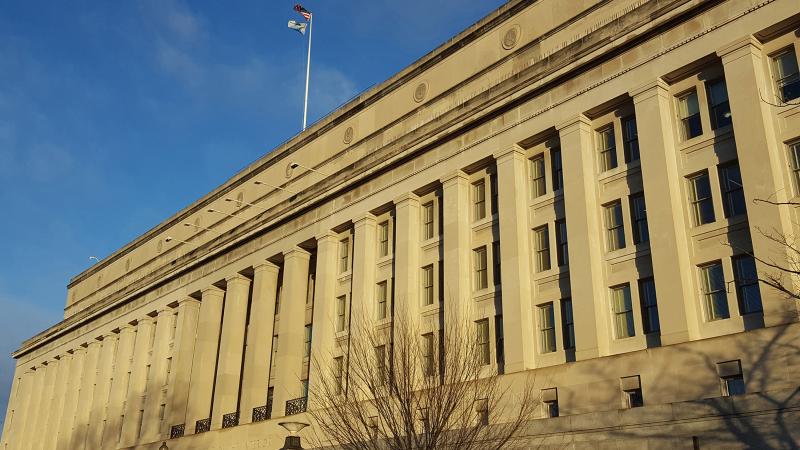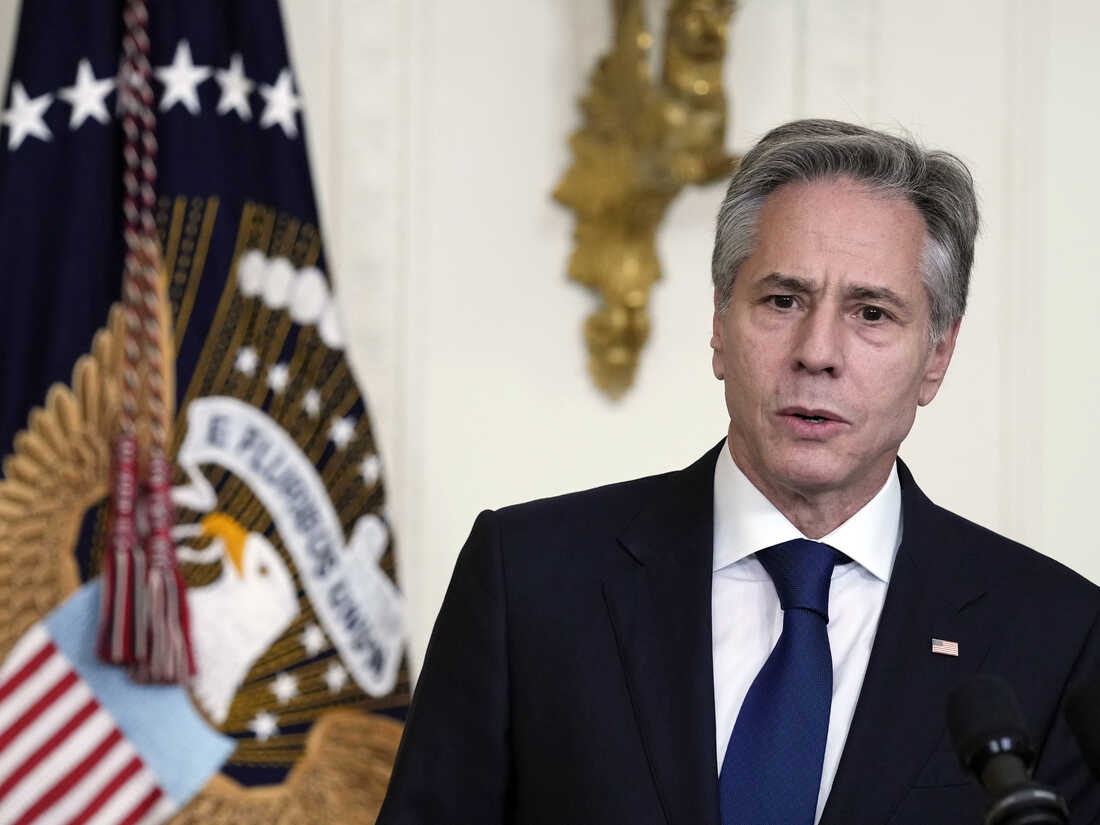In a shocking move that could destabilize U.S. foreign relations, the Trump administration has begun laying off over 1,350 employees from the State Department as part of an aggressive restructuring plan. This drastic decision not only threatens the livelihoods of skilled diplomats but also raises serious concerns about America"s capacity to respond to escalating global crises.
Massive Job Cuts Impact Core Foreign Policy Functions
The layoffs, affecting 1,107 civil service workers and 246 foreign service officers, represent the largest workforce reduction in the State Department"s history, as reported by AP News. This unprecedented move aligns with Trump"s "America First" agenda, which critics argue jeopardizes U.S. standing in an increasingly multipolar world. With tensions rising between countries like Russia and China, the timing of these cuts seems perilously misguided.
Trump"s Vision of a Streamlined State Department
The administration insists that these layoffs are intended to streamline operations and eliminate what it deems non-core functions. An internal memo from the State Department emphasized a focus on "diplomatic priorities," but former diplomats and analysts warn that this approach fundamentally misunderstands the complexities of modern diplomacy. The reorganization plan, championed by Secretary of State Marco Rubio, aims to reduce the department"s perceived bureaucratic bloat. However, as reported by NPR, this strategy risks undermining vital programs that address global security and humanitarian crises.
\n\n
Plan a Visit | U.S. Department of the Interior
Emotional Farewell for Departing Diplomats
As the layoffs commenced, many employees gathered in the lobby of the State Department for an impromptu "clap-out"—a bittersweet send-off that highlighted the emotional toll of this decision. Colleagues hugged one another, shedding tears as they packed their belongings into boxes. Demonstrations outside the building showcased public support for the affected workers, with signs expressing gratitude for their service and dedication. Senator Chris Van Hollen was among the lawmakers who attended, reinforcing the message that these layoffs are not just numbers but devastating blows to individual lives and careers.
Potential Global Consequences of Reduced Diplomatic Capacity
The implications of this massive workforce reduction extend far beyond the walls of the State Department. Critics, including Democratic Senator Tim Kaine, argue that at a time when global tensions are escalating—particularly with China"s expanding influence and Russia"s aggressive military actions—these layoffs send a troubling message of American disengagement. As reported by Brookings, this isolationist approach could encourage adversaries to exploit perceived weaknesses in U.S. foreign policy.
\n\n
Biden"s Secretary of State Antony Blinken visits China to ...
Environmental and Human Rights Oversight at Risk
Among the offices targeted for closure are those focused on civilian security, democracy, and human rights—critical components of U.S. foreign policy that have historically promoted global stability. The removal of these oversight mechanisms is alarming, especially considering the current climate crisis that exacerbates inequalities and drives conflict. According to House Oversight Committee testimonies, reducing attention to these areas could lead to a regression in human rights protections and environmental safeguards worldwide.
This systematic dismantling of the State Department reveals a troubling trajectory for U.S. diplomacy, one that prioritizes short-term political gains over long-term stability and global cooperation. As the world faces unprecedented challenges—from climate change to geopolitical conflicts—the need for a robust and engaged U.S. diplomatic presence has never been more critical. The ramifications of these layoffs will likely resonate across the globe, impacting not only U.S. interests but the very fabric of international relations.



![[Video] Gunfire between Iraqi security forces and Sadr militias in Baghdad](/_next/image?url=%2Fapi%2Fimage%2Fthumbnails%2Fthumbnail-1768343508874-4redb-thumbnail.jpg&w=3840&q=75)
